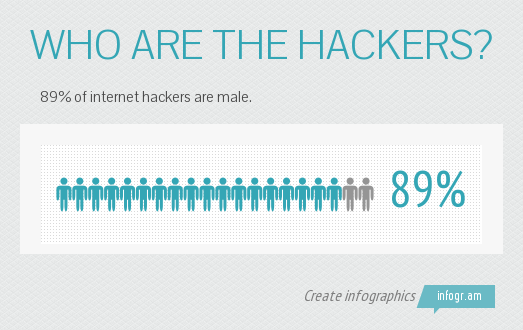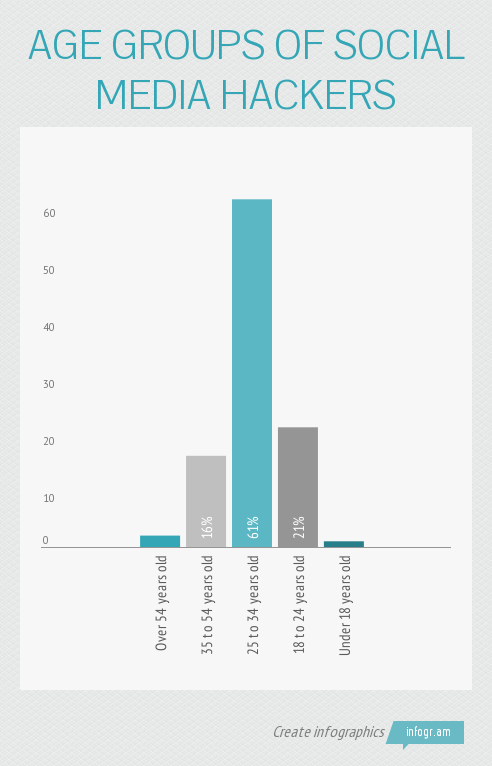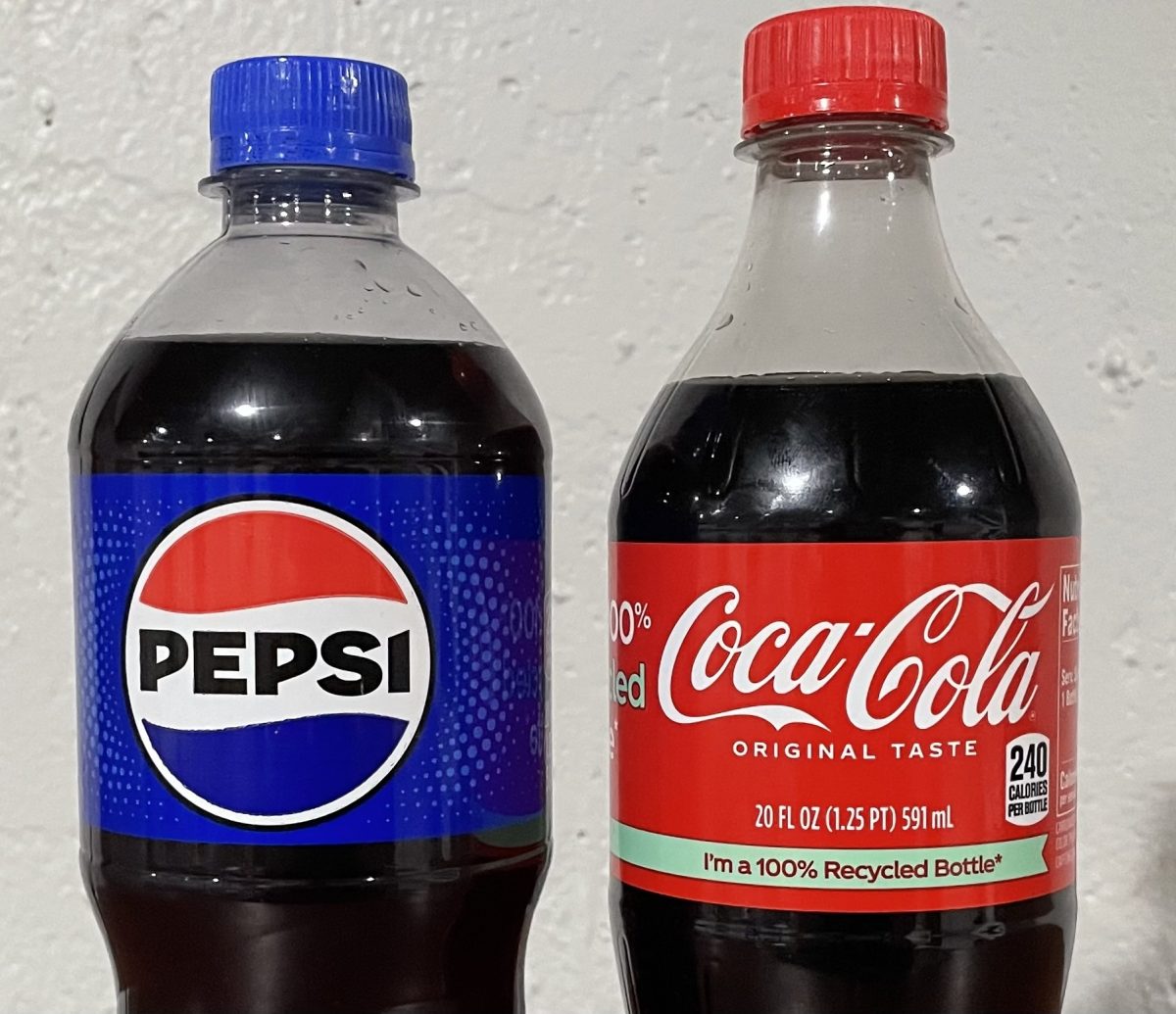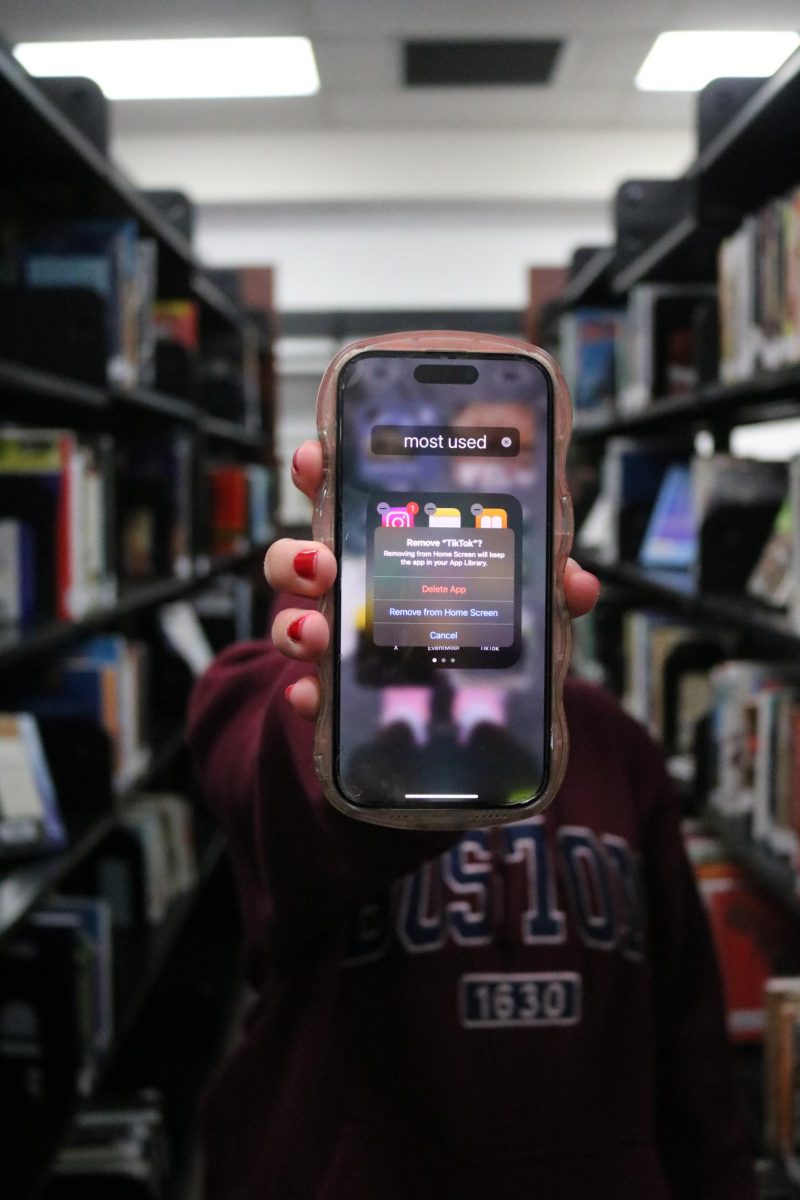
Social media is becoming a prominent part of our everyday lives, but just how safe is it?
Snapchat and Skype, two very popular social media platforms, were both hacked in December, leaving millions of Snapchat accounts with spam from advertisers and the official Skype accounts with false information. Snapchat is a popular app among teenagers in which pictures and videos are sent back and forth but then disappear after up to ten seconds; Skype is an internet-calling service that allows people all over the world to communicate with ease.
4.6 million Snapchat accounts were hacked in an attempt to urge Snapchat to tighten its security measures and make it more private for all users. The anonymous hackers released millions of phone numbers that allowed for those accounts matched to the numbers to be spammed. The list of numbers was posted on a website, SnapchatDB.info, which made the customer information available for download.
Sophomore Amelia Schmitt’s Snapchat account was one of the millions that was hacked; however, she chose not to keep her spammed account: “My snapchat was hacked, so I just deleted it. I haven’t made a new account or anything yet because I’ve noticed that I don’t really mind not having it!”
Snapchat responded to the hack by releasing a statement that promises stricter safety measures, so hacks like this don’t happen again: “Over the past year we’ve implemented various safeguards to make it more difficult to do. We recently added additional counter-measures and continue to make improvements to combat spam and abuse. Happy Snapping!”
Another social media platform, Skype, was hacked in a different way, with the hackers once again trying to prove a point in the lack of safety users have when using the internet-calling service. The hack, which was later admitted to have been performed by the Syrian Electronic Army, took over the official blog and social network accounts of Skype. S.E.A. claimed that Microsoft had been selling information and passwords of Hotmail and Outlook users to the government. Microsoft, however, denied the allegations that they have been releasing this information. They responded with a tweet saying, “You may have noticed our social media properties were targeted today. No user info was compromised. We’re sorry for the inconvenience.”
Both of these hacking events show that no matter how safe a person may feel using a social media account, it’s easy for others to access private information that you may not want to share. Many other social media hacks have occurred in the past, including millions of stolen passwords from sites like Facebook, Google, Twitter, and Yahoo.
Senior Julia Stiber, who uses Snapchat, Twitter, Facebook, and Instagram, says that using social media can be dangerous: “I don’t think social media is safe because random people can access your pictures and profiles. My accounts have been hacked before.”
Schmitt, on the other hand, believes that social media can be safe if you choose to make it that way. “Personally, I think that social media is safe if you make good decisions. I don’t add people I don’t know in real life,” said Schmitt. “Also you can make your accounts private which ensures safety with your posts.”







